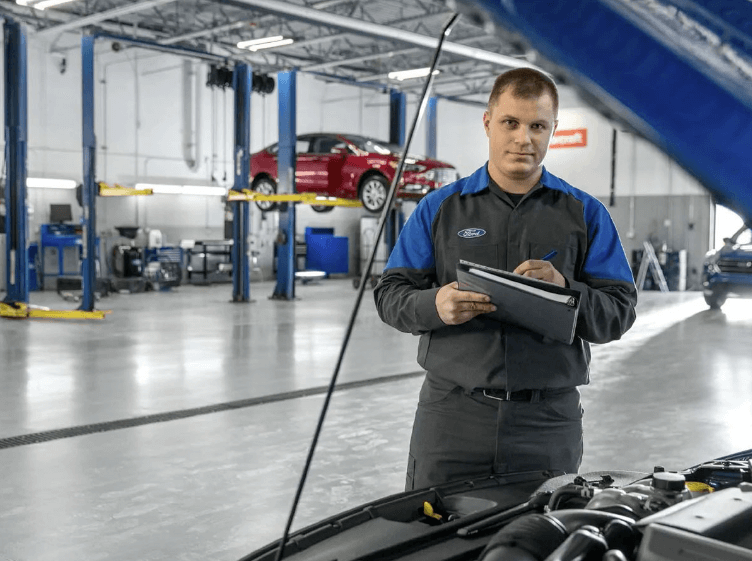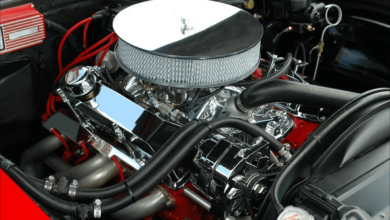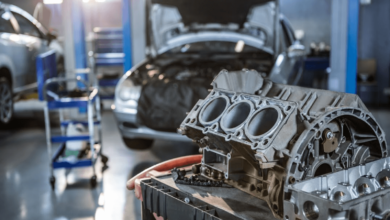Car Inspection Philadelphia: What To Expect

When you’re about to buy a car, one of the most important things to do is have it inspected. Not only is this important for your safety, but it’s also your right as a consumer. But what do you need to know before getting your car inspected? In this blog post, we will outline all the key points you need to know in order to have a done car inspection philadelphia. From the types of inspections that are available to the required paperwork, read on to learn everything you need to know in order to get your car inspected.
The Basics of a car inspection philadelphia
A car inspection philadelphia is a required safety step before you buy a used car or take your new car out for its first road test. The inspections are mandated by state and federal law and offer buyers peace of mind in knowing that the vehicle they’re considering meets minimum safety standards.
Inspection requirements vary by state, but typically a car will be inspected for:
-Frame, chassis and structural integrity (e.g. corrosion, rust)
-Electrical systems (e.g. lighting, brakes)
-Fuel system (including gas tanks)
-Air bag systems
-Brakes
The Different Types of Inspections
Inspection services in Philadelphia offer motorists a variety of services to meet their needs. Depending on the type of inspection, motorists may receive a visual inspection of their vehicle, a rolling road test, or a detailed mechanical inspection.
A visual inspection includes checking for defects such as dents, scratches, and worn paint. A rolling road test evaluates a vehicle’s handling and performance on a flat surface by accelerating and braking. A detailed mechanical inspection looks at all aspects of the engine and drivetrain to ensure they are in working order.
All three inspections are required by law in Pennsylvania, and motorists can choose which one(s) they would like their car inspected. All three inspections can be performed at any qualified mechanic shop or body shop.
What to Expect During the Car Inspection
When you take your car in for its car inspection, the mechanic will check for things like:
-The fluids, oil, and brakes are all at the correct levels
-The tires are properly inflated
-All the lights work
-The windows are clean and free of ice and snow
-All the doors and mirrors work correctly
The mechanic may also check for other items such as rust on the body or frame, broken taillights or headlight lenses, damage to exhaust pipes, and unsafe driving habits.
Tips for Preventing Problems During Your Car Inspection
Preparation is key when it comes to having a car inspection in Philadelphia. Here are some tips to help you have a smooth process:
1. Get your car inspected by a certified mechanic. This will ensure that the work done on the vehicle is up to par and meets all of the safety and emissions regulations.
2. Do your research before scheduling your appointment. Make sure you know what services are included in the inspection and which ones may be required based on your make, model, and year of the car.
3. Arrive with all of the necessary paperwork ready to go. This includes your registration, proof of insurance, and proof of current tags if applicable.
4. Be patient! The inspection can take anywhere from 15 minutes to an hour, depending on the complexity of the inspection and the make, model, and year of the car being inspected.
5. If there are any issues with your car that were not addressed during the inspection, be sure to bring them up with your mechanic or dealership prior to taking ownership of the vehicle. This way, any necessary repairs can be made before you drive off in it! Read more…
Conclusion
Your car inspection Philadelphia is important not only to make sure your vehicle is safe to drive, but also to ensure that you are compliant with the Vehicle Code. The Vehicle Code regulates everything from how a car can look and operate on the road, to required safety features. When you come for your Philadelphia car inspection, be prepared for questions about these regulations and what they mean for your specific vehicle.






